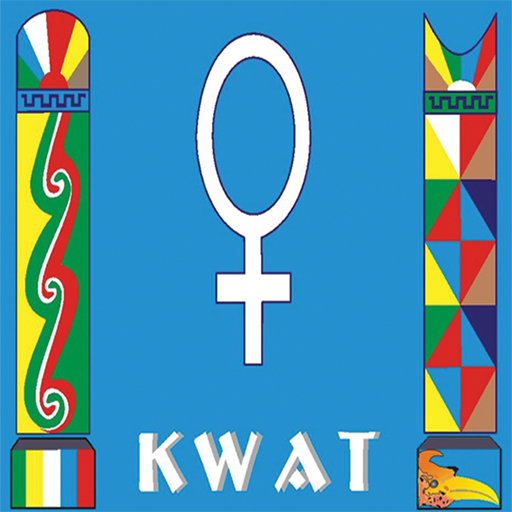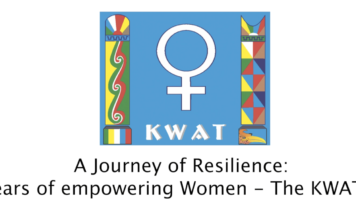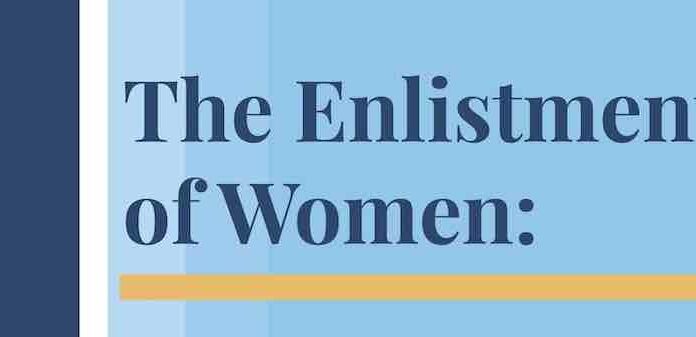End military junta’s crimes to halt mass displacement
Support local responders for effective humanitarian assistance
On the occasion of the World Refugee Day, we call on the United Nations, ASEAN and the international community to urgently address the root cause of the multifaceted crisis in Myanmar and fully recognize and support local leadership for effective delivery of humanitarian assistance. We call for UN agencies, humanitarian organizations and aid donors to prioritize channeling humanitarian aid in partnership with and supporting local civil society, frontline responders, and ethnic service providers, including cross-border, to best support affected populations.
Civil society further recommend countries neighboring Myanmar to provide protection and assistance to refugees fleeing from the junta’s atrocities. The international community must formulate a comprehensive response centered on protection of human rights, humanitarian and ‘do no harm’ principles in tackling Myanmar’s mass displacement and refugee catastrophe.
The egregious crimes of the Myanmar military junta since the illegal coup attempt of 1 February 2021 have brought about new waves of mass displacement and suffering across the country and beyond its borders into neighboring Thailand and India. Over 1.5 million have been displaced en masse in multiple regions after the attempted coup — particularly in Chin, Karen and Karenni States and Sagaing, Magwe and Tanintharyi Regions. This mass displacement and calamity only reflect the lasting — in some cases lifelong — experiences of ethnic communities where the same military has forced hundreds of thousands into protracted displacement by its full-scale attacks for decades both inside and across the borders.
Most recently, the gravity of the mass displacement within and outside Myanmar has been worsened by the disastrous Cyclone Mocha, with around 1.6 million people affected according to the UN. The exact numbers could be much higher. The double catastrophe of natural disaster and man-made ongoing atrocities by the junta in Chin and Rakhine States, and parts of Sagaing and Magwe Regions and Kachin, Karen, Karenni and Shan States, has displaced tens of thousands more. Internet shutdowns and restrictions, and the extension of martial law in 37 townships further aggravated the impacts of the Cyclone on local communities. Several townships in Rakhine State saw more than 400 Rohingya killed in displacement camps which could have been prevented, while around one million Rohingya refugees have also faced significant wreckages in the already precarious settlements along the Bangladesh border.
Vulnerable populations displaced inside and outside Myanmar by the military junta’s atrocious crimes or the Cyclone are desperately in need of emergency humanitarian aid, particularly water, food, shelter, medical supplies, clothing, vehicles, and full information access both online and offline. The military junta has deliberately refused access to UN and humanitarian agencies, despite repeated requests to deliver life-saving aid distributions to communities affected by the Cyclone.
During the past two years when humanitarian needs have been acute, the military junta has routinely blocked, confiscated, destroyed and manipulated the distribution of aid for their political advantages. It has frequently targeted aid workers and medical professionals, and ruthlessly launched airstrikes on and looted healthcare facilities.
Meanwhile, the military junta has weaponized the vulnerable situation of Rohingya in refugee camps in Bangladesh in its repatriation “pilot project”. The current extreme restrictions imposed on Rohingya inside Myanmar by the military junta, compounded with its ongoing terror campaign against the whole nation and the aftermath of Cyclone Mocha, there exists no conditions conducive for the safe, dignified, sustainable, and voluntary return of the Rohingya. The planned repatriation will only add more suffering to genocide survivors.
Such practice only proves that the Myanmar military continues its long-standing practice of exploitation and weaponization of humanitarian aid during crisis times — in flagrant breach of international humanitarian law. Its actions which “willfully [impede] relief supplies” as a tactic of starvation is considered a method of warfare and amounts to war crime. Despite this fact, international humanitarian agencies including the ASEAN Coordinating Centre for Humanitarian Assistance on Disaster Management (AHA Centre), continue to partner with the military junta to gain access to displaced communities, who are housed in areas out of the junta’s control.
Channeling humanitarian aid through or in partnership with the illegal military junta, the root cause and architect of the crisis, will only further violate international humanitarian and human rights principles, particularly the principles of ‘do no harm’ and humanity. At the same time, aid agencies’ continuing refusal to part ways with the junta only lends legitimacy to the military junta who the Myanmar people have categorically rejected. Such acts further embolden the junta to continue to carry out its terror acts, exacerbating conflict and human suffering.
Prior to the attempted coup, Myanmar military’s offensives and gross human rights violations in ethnic Kachin, Karen, Karenni, Mon, Rakhine and Shan States have already caused mass displacement and influxes of refugees into neighboring countries. Since donors have drastically shifted its funding to inside Myanmar following the military’s façade transition in 2011, refugee populations along the Myanmar’s borders have faced restrictions on humanitarian aid access. Along the Myanmar-Thailand borders, refugees have experienced ration cuts to less than USD 10 a month per person. Funding has been cut for healthcare and children’s education, while their parents struggle to afford school fees and materials due to the lack of income and prohibition to work. While in Kachin State, Myanmar military’s ongoing attacks since 2011 have led to protracted displacement of Kachin population in IDP camps.
On this World Refugee Day, we are reminded once again that the repeated cycles of mass displacement and humanitarian crisis within Myanmar and the spillover affects beyond its borders in Southeast Asia have all along been triggered, exacerbated and sustained by the Myanmar military. The military has committed genocide against the Rohingya and war crimes and crimes against humanity against ethnic communities for decades, and throughout Myanmar since its attempted coup. They must be held to account. Unless and until the Myanmar military answers to justice and remedies are provided to victims and survivors of its atrocity crimes, Myanmar cannot promise safety for refugees and IDPs to return home.
Local humanitarian and civil society groups, ethnic service providers, diaspora communities, local administration forces of the revolution, members of the Civil Disobedience Movement, Ethnic Revolutionary Organizations (EROs) and the National Unity Government (NUG) have been at the forefront to effectively provide emergency aid to affected communities from both the Cyclone and from military’s attacks, and have been the primary source sustaining the livelihoods of vulnerable IDP and refugee populations over the past two years.
The voices of refugees and IDPs must be heard and strengthened, their agency and role recognized. Local hosts, humanitarian responders, and ethnic service providers have the expertise in supporting their own communities — often at great personal risk. They must be recognized, celebrated and supported at all costs.
On this World Refugee Day, we call on the UN, ASEAN and the international community to:
- Recognize that the military junta is the root cause of the devastating multi-faceted crisis in Myanmar, and take all necessary actions to prevent its commission of further atrocities and hold the perpetrators to account;
- Stop legitimizing the military junta by partnering with the junta in the delivery of aid or channeling humanitarian aid through the junta;
- Provide shelter and protection to those seeking temporary refuge in their respective areas;
- Recognize and support the role of frontline local humanitarian responders and ethnic and community-based organizations to address the humanitarian crisis, and form equal partnership with them and provide funding and political support to their efforts in immediate response to the multifaceted crises and effective provision of aid, including through cross-border aid; and
- Consult and collaborate with the NUG and the EROs in the provision of aid.





